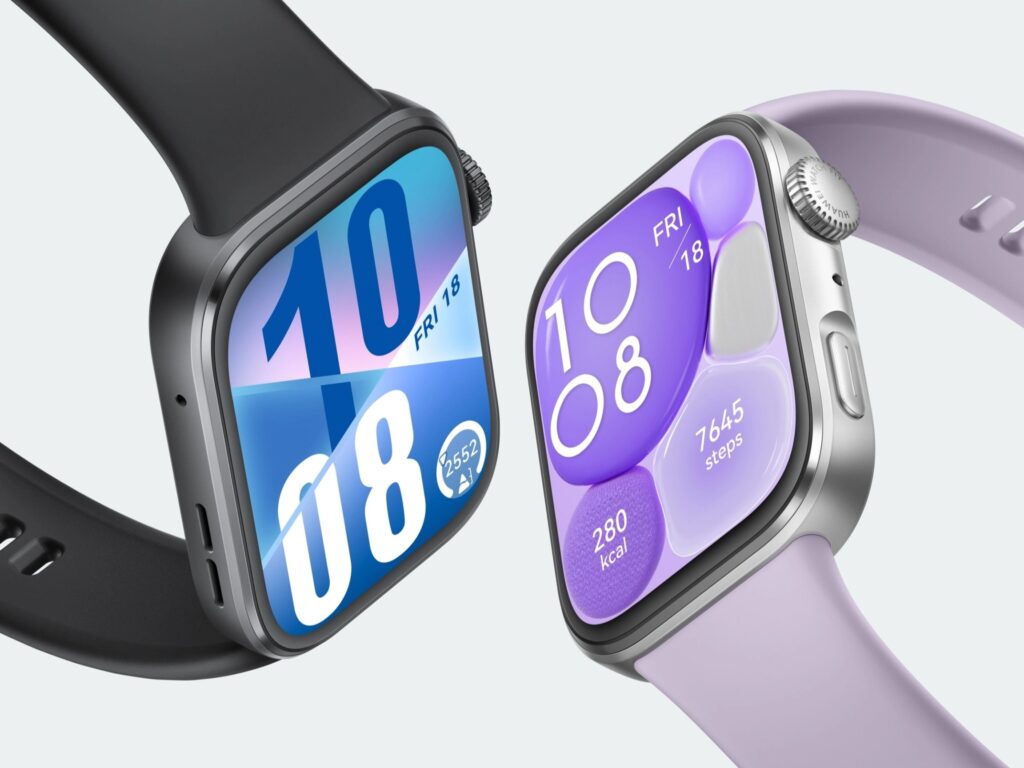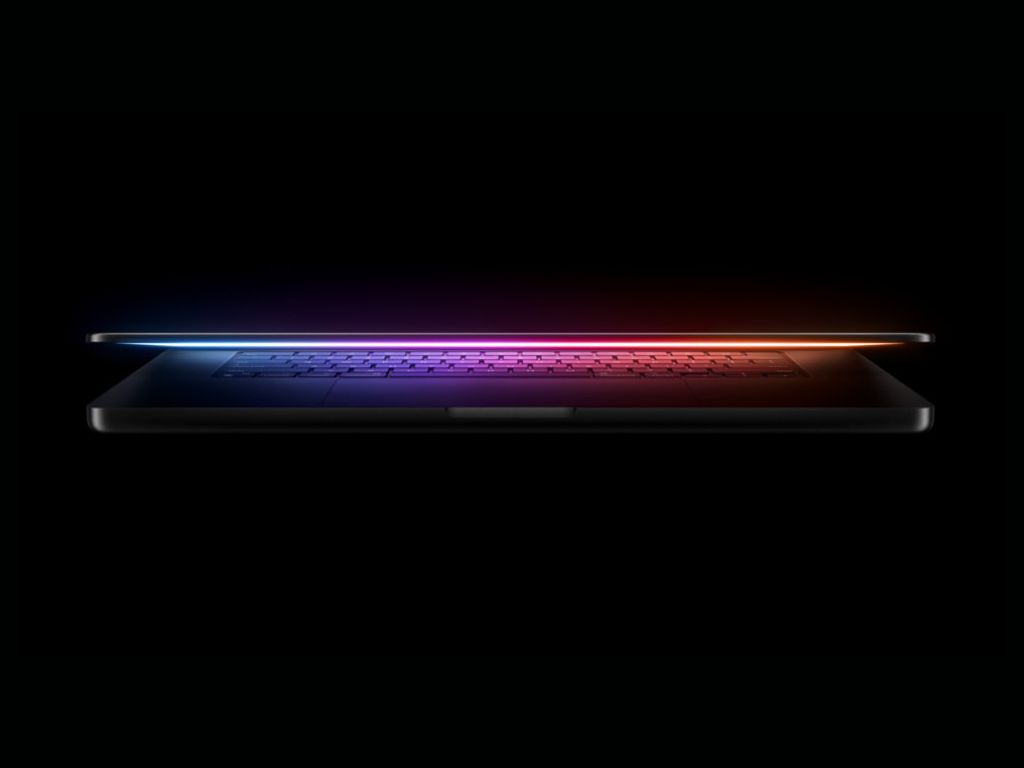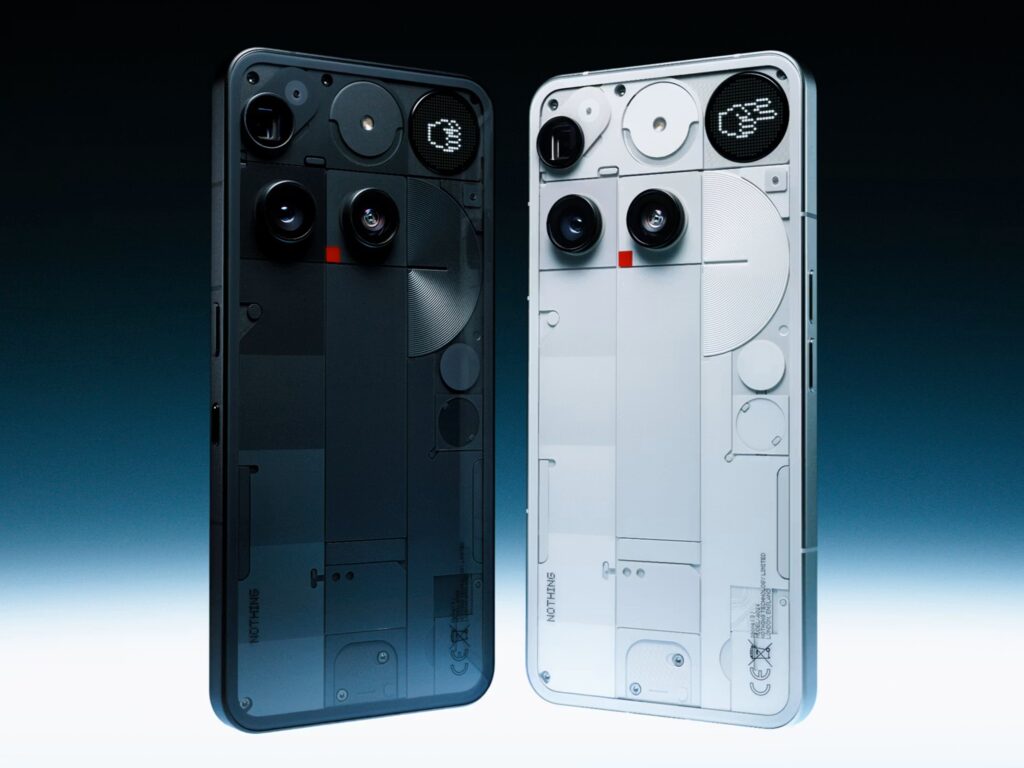Trump Claims US and China Reach Framework Deal on TikTok
The United States and China announced Monday they have reached a framework agreement to transfer control of the popular social media app TikTok to U.S. ownership. The deal, which aims to avert a potential ban on the app, is expected to be finalised during a phone call on Friday between U.S. President Donald Trump and Chinese President Xi Jinping.
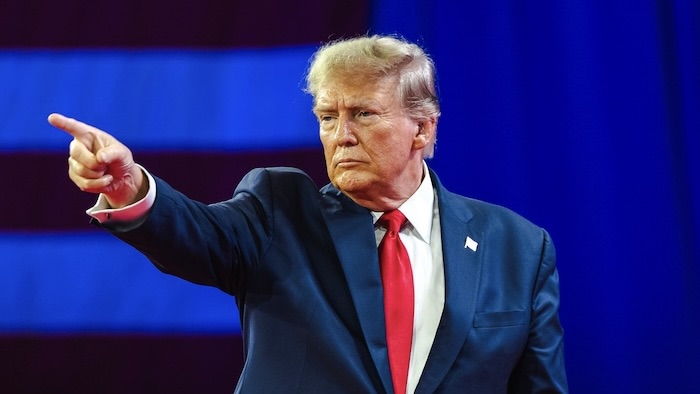
The announcement came after two days of trade talks in Madrid. U.S. Treasury Secretary Scott Bessent stated that a looming September 17 deadline encouraged negotiators to reach a consensus, noting that the deadline could be extended by 90 days to allow for the finalisation of the agreement.
Bessent indicated the deal is a “win-win,” addressing U.S. national security concerns while preserving what Chinese negotiators consider the app’s “Chinese characteristics,” which they view as a form of soft power. However, he declined to provide specifics on the commercial terms of the deal, describing it as an agreement between two private parties.
The framework is a rare breakthrough in the broader trade war between the world’s two largest economies. However, this is the second time this year a deal has been announced, with a previous agreement in March ultimately falling through.
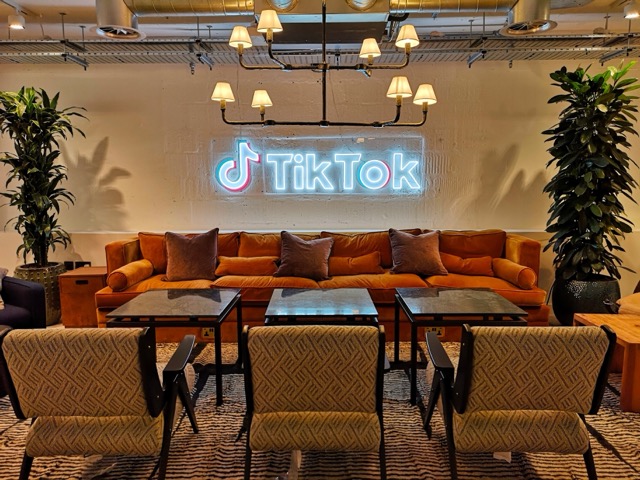
The agreement could require approval from the Republican-controlled Congress, which passed a law in 2024 mandating the divestiture of TikTok due to fears that the Chinese government could access U.S. user data or use the app for influence operations. Despite this, the Trump administration has been reluctant to enforce a ban, which could alienate the app’s 170 million U.S. users and disrupt political communications.
On his Truth Social platform, President Trump confirmed the progress, writing that “a deal was also reached on a ‘certain’ company that young people in our Country very much wanted to save.” He added that he would be speaking with President Xi on Friday to confirm the details.
A Chinese official at the cyberspace regulator, Wang Jingtao, said the deal could involve licensing intellectual property rights, including the app’s algorithms, rather than a full transfer of the underlying technology. This detail raises further questions about the extent of U.S. control over the platform.

